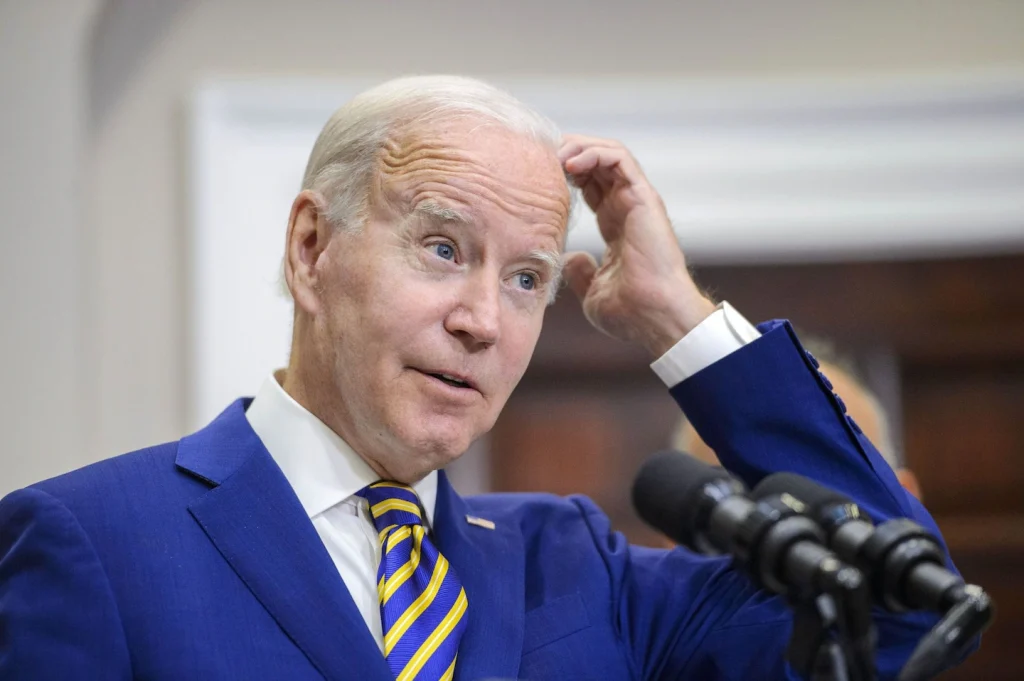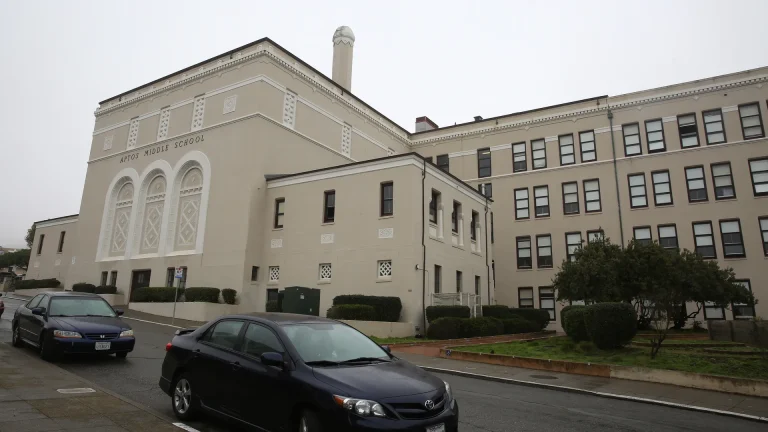In the wake of the Supreme Court’s rejection of President Joe Biden’s mass student loan forgiveness plan last year, advocates for student loan relief are intensifying pressure on the government to address the mounting crisis of unmanageable debt. A letter issued on Thursday, endorsed by a coalition of 67 organizations representing diverse groups such as people of color, veterans, and individuals with disabilities, demands the government expedite the resolution for those facing financial hardship due to overwhelming student debt.
Following the Supreme Court’s decision, the Biden administration swiftly shifted to an alternative strategy known as “Plan B,” utilizing a process called “negotiated rulemaking” or “neg reg.” This involved discussions among a committee of stakeholders deliberating changes to federal higher education law that could provide relief for a broad range of borrowers. The final neg reg session occurred in December, leaving many negotiators, including borrowers and advocates, dissatisfied with the proposed changes.
The coalition’s letter urges the administration to schedule a fourth neg reg session to address the concerns of borrowers experiencing hardship. It emphasizes the urgency of not allowing bureaucratic processes and timelines to hinder much-needed relief. The signatories stress the department’s responsibility to act promptly and ensure the fulfillment of the promise of student debt cancellation as the new year unfolds.
The current status of student loan debt relief reflects a tumultuous journey. After President Biden unveiled a plan in 2022 for mass student loan forgiveness, offering relief ranging from $10,000 to $20,000 for over 40 million borrowers, the Supreme Court struck it down the following summer. In response, the Department of Education turned to the Higher Education Act of 1965, initiating neg reg sessions to make piecemeal adjustments to the law and provide relief in targeted areas.
The draft rules released in December, based on the neg reg sessions, outlined relief for borrowers whose loan balances had ballooned due to interest, those eligible for forgiveness who hadn’t applied, and borrowers in repayment for decades. However, negotiators expressed dissatisfaction, citing the proposals as not being broad enough to address the magnitude of the issue.

Read more:
- School Experts Unhappy with Hochul’s Budget Plan, According to Education Insider
- Recent Legal Measure Confronts Shortfall Impacting Kids Across New York
- Jail-Term Appeal for Animal Activist in California Supported by Denver Law School Unit
The letter to Education Secretary Miguel Cardona, signed by organizations such as Young Invincibles, the National Consumer Law Center, the NAACP, and the National Education Association, calls for a robust rule ensuring relief for borrowers experiencing hardship. It emphasizes that failing to finalize a proposal would leave millions of borrowers, including recent graduates, low-income borrowers, people of color, and those with disabilities, without necessary debt relief.
In response to the letter, a department spokesperson acknowledged its receipt and stated that officials would review the contents. The Department remains committed to pursuing student loan debt relief for as many borrowers as possible, potentially including regulatory changes through the neg reg process.
The possibility of an additional neg reg session is not ruled out, considering the dissatisfaction with the latest proposed rules and the upcoming presidential election. Apart from regulatory processes, the Biden administration has been working on other fronts to relieve student loan debt for eligible borrowers, facing legal challenges at every step.
Despite the ongoing efforts, critics argue against student loan forgiveness, viewing it as a handout and emphasizing borrower responsibility. As the debate continues, pressure on colleges to reduce the cost of attendance is suggested as an alternative solution.
In conclusion, the call for swift action on student loan relief echoes the struggles faced by borrowers, emphasizing the need for comprehensive and inclusive measures to alleviate the burden of unmanageable debt. The government’s response to these demands will likely shape the future landscape of student loan policies and relief efforts.















+ There are no comments
Add yours